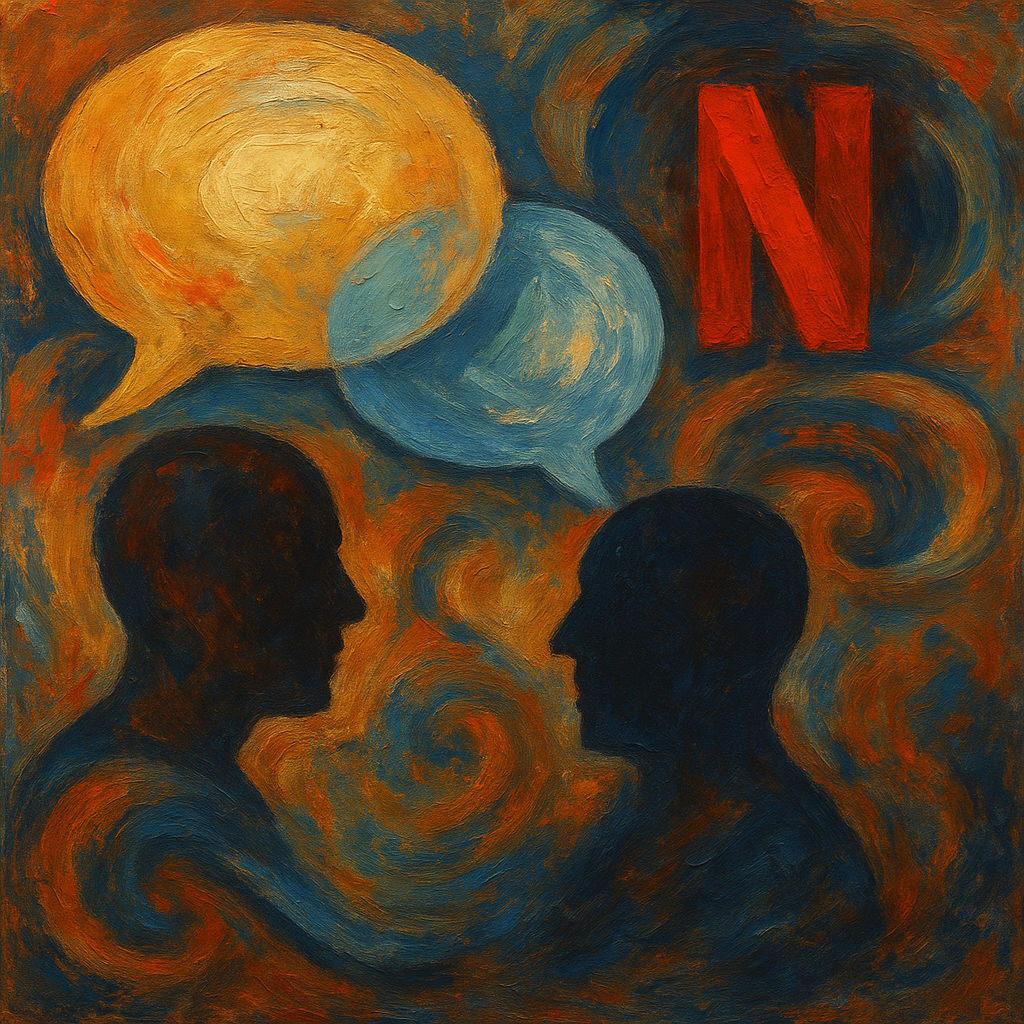Let’s get something straight from the outset: we don’t know for sure whether the conflict between Leila Guerriero and the real protagonist of La llamada happened as they say it did. It may be true, it may be exaggerated, it may be the product of that collective imagination that works better in Argentina than any writers’ room. But—and here’s the juicy part—the case is too perfect not to use it as an excuse to reflect on a dilemma as old as literature itself: who owns a story?
The alleged plot, as you may know, involves Guerriero, Silvia Labayru, and a Netflix production that was put on hold due to a dispute over money. Who gets paid what? Why? How much is a life worth when it goes from experience to content? A conceptual feast!
But let’s get to the heart of the matter: when a story becomes public, who does it really belong to?
To the person who lived it—the person who bore the trauma, the pain, the fear, the epiphany—or to the person who narrated it, constructed it, polished it, and turned it into something readable, reproducible, marketable?
I confess without shame that I lean toward the narrator. That craftsman who fishes something out of the depths of silence and turns it into a story. If no one tells it, the experience remains archived in the basement of private memory, where even the most extraordinary stories are lost (along with expired certificates and warranties for appliances that never worked).
Of course, the other position is tempting: “The story belongs to those who lived it.” It sounds noble, almost chivalrous. Until that word that ruins all idealization enters the scene: royalties. Then chivalry evaporates and what always remains remains: humans arguing over percentages.
And this is where our beloved Leila comes in. Always so lucid, so correct, such a defender of rigor and professional ethics… and who, according to the circulating version, would have shown a more pragmatic, more accounting-oriented, more… real side. Not surprising: Money is a powerful gentleman, especially when it comes with a Netflix passport.
What is fascinating is not whether the accusation is true or not (in fact, it is better if we do not know: it keeps the story more literary). What is fascinating is what it reveals about narrative ownership, that murky terrain where ethics, art, ego, and the wallet mix.
Because while we argue about whether the story belongs to those who suffered it or those who wrote it, something happens that neither side can control: the story, the true one, the one that circulates, ends up belonging to those of us who tell it, debate it, and gossip about it.
And so, as if it were no big deal, a rumor, perhaps false, gave us the truest of literary discussions.




